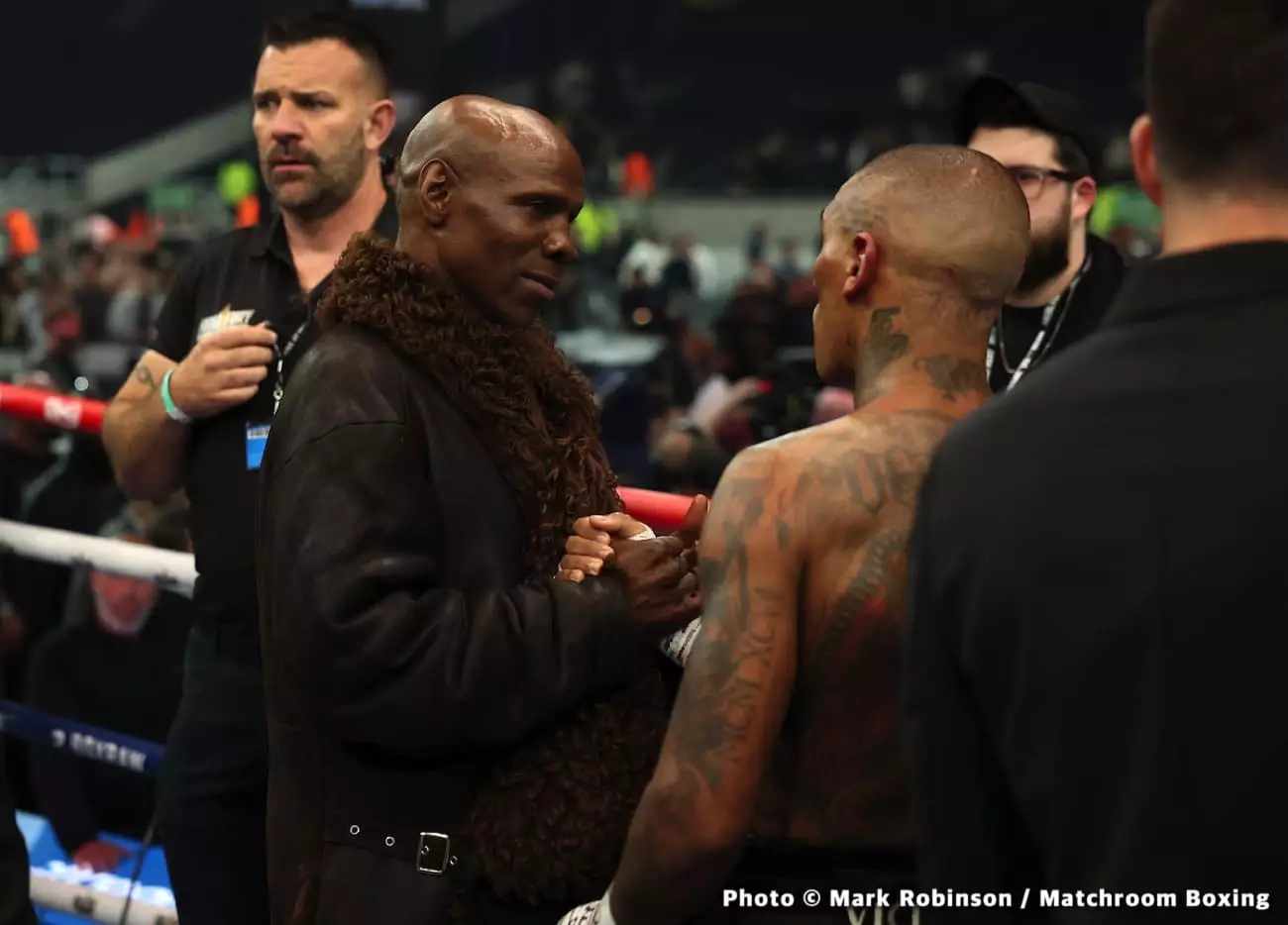The 1990s stand as a golden era for boxing, especially in the super-middleweight division, with a pantheon of talents that included Chris Eubank, Nigel Benn, Joe Calzaghe, Roy Jones Jr., and James Toney. Each fighter brought a unique flair to the ring, captivating fans and elevating the sport’s profile. Chris Eubank, known for his flamboyant personality and unyielding tenacity, emerged as a household name with a champion’s heart. Yet, there remains a palpable sense of abandonment lifting from the ring—the two American titans, Roy Jones Jr. and James Toney, whom Eubank never faced.
This gap in Eubank’s storied career offers a fascinating perspective on the nature of competition itself. It propels us to question the limits of legacy, the fine line between bravery and prudence, and the unfulfilled potential that hangs in the air. After all, while Eubank conquered several feisty challengers in his time, the shadows cast by Jones and Toney shine darker than most.
The Candid Confession
In an interview with Sky Sports, Eubank displayed an admirable vulnerability, candidly admitting that it was “intelligent” not to unify titles with these two boxing icons. While many fans yearn for hypothetical matchups, Eubank’s honesty sheds light on a critical aspect of boxing—recognizing when to engage and when to strategically withdraw. With the weight of individual ambition often dictating fighters’ choices, Eubank’s decision to veer away from these confrontations speaks volumes.
“Too dangerous,” he stated, encapsulating his reluctance towards facing Jones’ unmatched speed and technical acumen, as well as Toney’s gritty skill set. Such acknowledgments about potential opponents not only reveal Eubank’s introspection but also underscore the necessity for fighters to maintain their integrity in the face of formidable challenges. A champion recognizes the thrill of the bout, yet the prudent champion weighs the risks with the knowledge of past clashes, drawing battle lines with a careful hand.
The Hypothetical Matchup: Eubank vs. Jones
Imagining a fight between Eubank and Jones in 1993 offers a sensational mental exercise where strategy and skill would intertwine in innumerable ways. The robust tenacity of Eubank, with his granite chin and unwavering will, could have tested the dynamic movement of Jones’ lightning-quick jabs and footwork. Such matchups carry a magnetic allure, enticing fans into a realm where outcomes are dictated by the tactics employed that night rather than historical records.
Boxing enthusiasts still reminisce about a notorious magazine’s prediction favoring Jones for a quick knockout, a choice that erodes more than a little faith in sports predictions. The idea that Jones could end a bout with Eubank in a matter of seconds appears far-fetched, considering Eubank’s documented resilience. After all, with only one stoppage to his name against cruiserweight Carl Thompson later in his career, questioning whether Jones could deliver a swift blow is worth the discourse.
Moreover, one must contemplate whether Eubank’s aggressive style mixed with his mental fortitude might have exposed Toney’s penchant for overconfidence. If Eubank had pushed Toney to perform at optimal levels, we may well have witnessed a dynamic clash of styles, each trying to outwit the other in a captivating dance of strategy and brawn.
The Unwritten Legacy
While an eventual showdown did not materialize, the narrative surrounding Eubank, Jones, and Toney continues to resonate within boxing circles. Eubank, aged 58, has commented without regret regarding the missed opportunities; however, one cannot help but speculate about the legacy left behind. For fans, the absence of such high-stakes fights introduces an element of mystery—what could have happened if scenarios played out differently?
Ultimately, the intersection of inevitability and chance will remain a bittersweet symphony for Eubank’s ardent supporters. These ‘what if’ narratives transcend results and rankings; they remind us of why we are drawn to boxing in the first place. The sport thrives on unpredictable outcomes, fierce rivalries, and the notion that the greatest fights may exist only in the uncharted territory of our imaginations.
Eubank’s candid embrace of the ghosts of his era compounds our desire for a more interconnected lineage among boxers past and present, where the unseen battles of greatness persist long after the final bell rings.


Leave a Reply